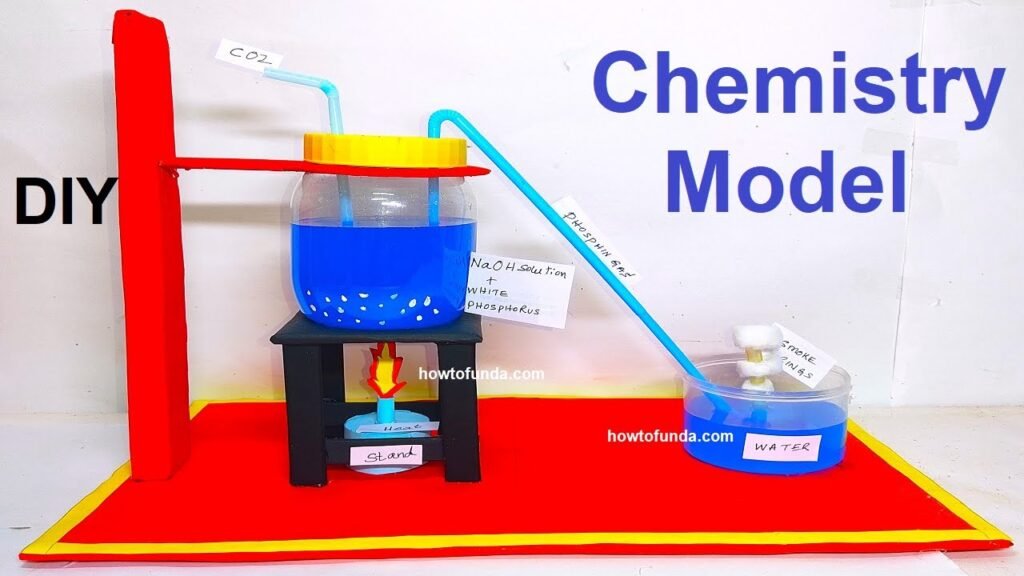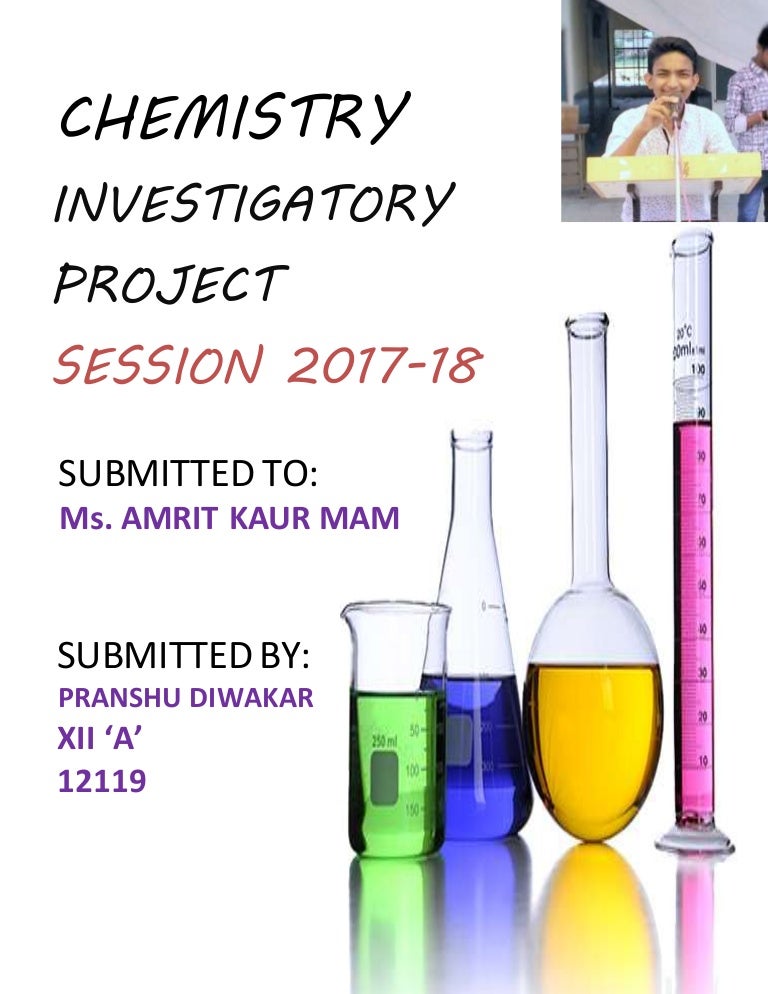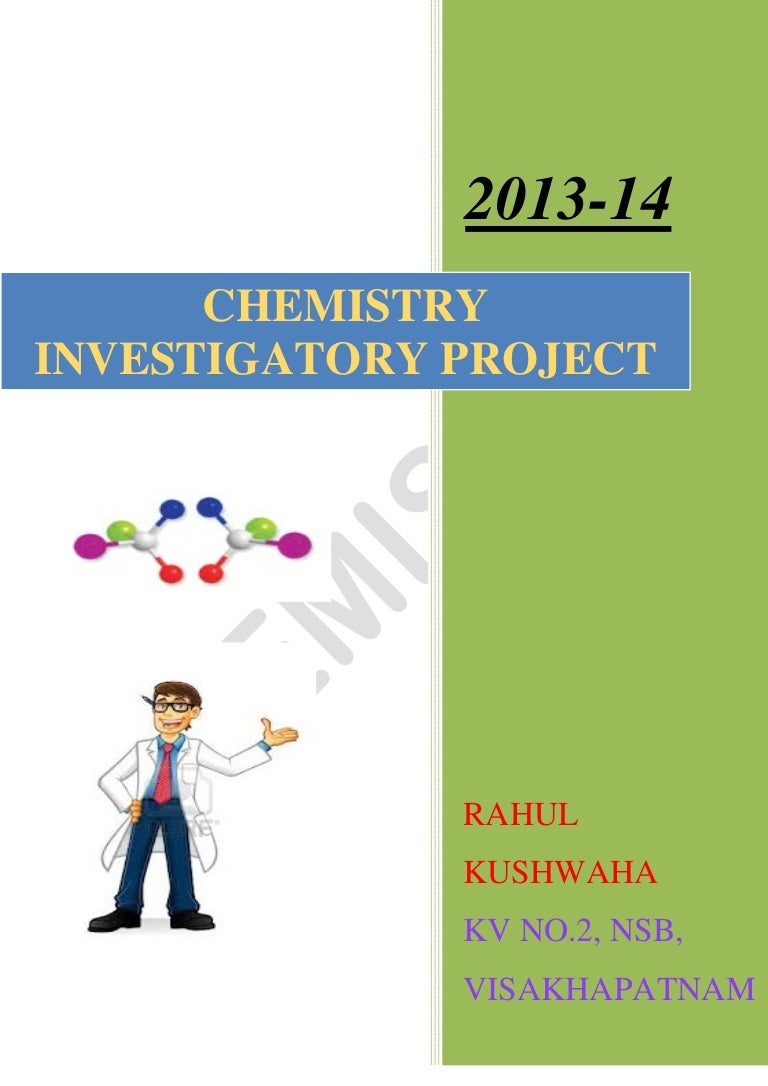How To Make Chemistry Project For Class 12

Class 12 chemistry projects can be a daunting task for students, often determining a significant portion of their final grade. Navigating the vast landscape of chemical concepts and experimental techniques requires careful planning, precise execution, and a thorough understanding of scientific principles.
This article aims to provide a comprehensive guide on crafting a successful chemistry project, offering insights into project selection, methodology, presentation, and common pitfalls to avoid. Mastering these key aspects can transform a potential source of stress into an enriching learning experience, setting the stage for future scientific endeavors.
Project Selection: Finding the Right Fit
Choosing the right project is paramount for success. Consider your interests and strengths within chemistry. Are you drawn to organic reactions, fascinated by the properties of solutions, or intrigued by the intricacies of electrochemistry?
Talk to your teacher to get guidance and ask about resources. Ensure the project's scope is manageable within the given time frame and resources. A well-defined, achievable project is far better than an ambitious but unfinished one.
Exploring Project Ideas
Consider these potential project areas: investigating the effect of temperature on reaction rates, analyzing the pH levels of different soil samples, or synthesizing a simple organic compound. Studying the properties of colloids and emulsions can also prove fruitful.
Investigating the effect of different catalysts on a chemical reaction can be very insightful. Exploring the chemistry behind common household products can be equally interesting.
Methodology: Planning and Execution
Once you have selected a project, create a detailed plan outlining the steps involved. This includes a list of materials, a precise experimental procedure, and a method for data collection and analysis.
Safety is paramount when conducting experiments. Always wear appropriate protective gear, such as gloves and goggles, and work in a well-ventilated area. Dispose of chemical waste properly according to your school's guidelines.
Maintain a detailed laboratory notebook documenting every step of the experiment, including observations, measurements, and any unexpected occurrences. This notebook will serve as a valuable record of your work and will be crucial for writing your report.
Data Analysis and Interpretation
After completing the experimental work, analyze the collected data using appropriate statistical methods, if applicable. Create graphs, charts, and tables to visually represent your findings.
Interpret your results in the context of existing scientific knowledge. Explain any discrepancies or unexpected outcomes and discuss potential sources of error. Connecting your findings to the relevant theoretical framework demonstrates a deeper understanding of the concepts involved.
Presentation: Communicating Your Findings
The final step is to present your project in a clear and concise manner. This typically involves writing a comprehensive report and preparing a presentation.
Your report should include an introduction outlining the project's objectives, a detailed description of the methodology, a presentation of the results, a discussion of the findings, and a conclusion summarizing the key takeaways. Include a bibliography of all sources used.
For the presentation, use visuals, such as slides or posters, to highlight the key aspects of your project. Practice your presentation beforehand to ensure a smooth and confident delivery. Be prepared to answer questions from your teacher and classmates.
Common Pitfalls and How to Avoid Them
Several common pitfalls can derail a chemistry project. Lack of planning is a major factor. Inadequate preparation can lead to delays, errors, and ultimately, a poor outcome.
Another common mistake is failing to maintain accurate records. A poorly documented experiment is difficult to analyze and interpret. Also, starting the project late is a recipe for rushed work and compromised results. Begin early to allow ample time for each stage of the process.
Finally, seeking help when needed is crucial. Don't hesitate to ask your teacher or classmates for guidance if you encounter difficulties. Collaboration can often lead to new insights and solutions.
Looking Ahead: Building a Foundation for Future Success
A well-executed chemistry project not only earns you a good grade but also provides valuable experience in scientific inquiry. The skills you develop, such as critical thinking, problem-solving, and data analysis, are transferable to other areas of study and will serve you well in future endeavors.
Consider participating in science fairs and competitions to showcase your work and learn from others. Engage with the scientific community and stay curious about the world around you. The knowledge and skills gained through this project can be a stepping stone to a fulfilling career in science or a related field.
By following these guidelines and approaching your class 12 chemistry project with diligence and enthusiasm, you can turn a potentially stressful assignment into a rewarding learning experience that will contribute significantly to your academic and scientific growth.


















